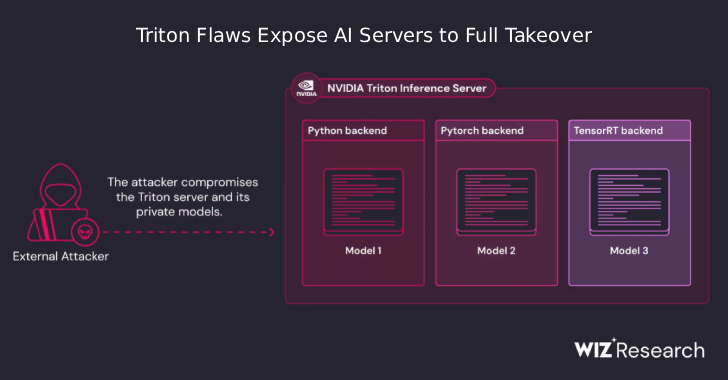Trump Team Eyes Tougher Cyber Tactics
Waltz: Hackers “Must Feel Consequences” as 2025 Looms
On Sunday, Representative Mike Waltz—President-elect Donald Trump’s incoming pick for national security adviser—signaled a major shift in U.S. cyber policy. Two days after his appearance on CBS’s Face the Nation, the message still reverberates through Washington: No more hunkering down. No more silent suffering. He wants hackers to feel real pain. The days of passive cyber defense may be coming to an end.
“We need to start going on the offense and start imposing, I think, higher costs and consequences to private actors and nation-state actors that continue to steal our data, that continue to spy on us,” Waltz said during the Dec. 15 interview. His remarks echoed growing frustration over intrusions like the so-called “Salt Typhoon” espionage campaign, a sweeping Chinese-linked operation that allegedly tapped into sensitive American phone calls and harvested massive amounts of metadata.
Waltz, who will assume his role when Trump takes office next month, stopped short of offering a specific roadmap. Still, he made it clear the incoming administration will explore how best to deter attackers, not just defend against them. “Rather than just constantly having this kind of escalation of their offense and our defense,” he told host Margaret Brennan, “we need to take a much stronger stance.”
This past year’s high-profile hacks—targeting key infrastructure, telecom giants, and even healthcare systems—have left many Americans wondering how much more can be stolen before a firm line is drawn. While the outgoing Biden administration bolstered defenses and issued executive orders, Waltz suggests a more proactive approach is overdue. “We’ve been trying to play better and better defense…we need to start changing behaviors on the other side,” he said.
With Trump set to take the reins, many expect a new era of digital reprisal. Will it scare off enemies or provoke a nasty cycle? Hard to say. But by January, malicious actors could find themselves facing a U.S. cyber doctrine with real teeth, one that no longer forgives, forgets, or folds. The rules of the digital game may be about to change, and no hacker should expect a free ride ever again.
In the days since Waltz’s comments aired, industry insiders have scrambled to interpret what “imposing consequences” might look like in practice. Will the United States deploy aggressive counter-infiltration teams, strike deep into hostile networks, or impose crippling sanctions aimed at state-aligned operators? Officials remain tight-lipped, but the mood in Washington is increasingly impatient. There’s a sense that old tactics—quiet pleas, stern warnings—no longer cut it.
Beyond government halls, private companies are bracing for the ripple effects. A new U.S. stance could prompt them to invest heavily in threat intelligence and rapid-response capabilities. Cyber mercenaries for hire might find business booming—or drying up—depending on how far the Trump team decides to flex America’s digital muscle.
We at Cyber Defense Advisors are dedicated to helping organizations understand these shifting currents and strengthen their security posture. Our experts keep a close watch on policy developments and evolving threats, guiding clients through uncertain terrain. As the U.S. recalibrates its cyber strategy, staying informed and prepared will be more crucial than ever.
Contact us to learn how we can strengthen your defenses and help protect your business.






